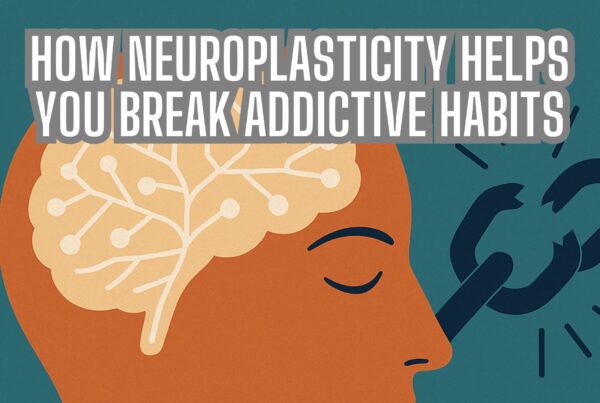The Power of Renewable Self-Control: It’s More About Belief Than You Think
The Myth of Fixed Self-Control
We’ve all been there. After indulging in a lavish meal or giving in to a tempting dessert, we’re left wondering, “Why did I eat so much?” The immediate response often revolves around a perceived lack of self-control. But what if the real issue isn’t about having “enough” self-control, but rather how we perceive and believe in our own abilities?
For many, self-control is seen as a static trait, much like one’s IQ or personality. This belief is reinforced by studies, such as the renowned marshmallow experiment, where children who resisted immediate gratification showcased better life outcomes later on. But is self-control truly a fixed trait, or is there more to the story?
The Fluid Nature of Self-Control
Contrary to popular belief, self-control isn’t a rigid capacity. It’s more akin to a fluctuating resource, like our physical energy. Throughout the day, our self-control can ebb and flow, influenced by various factors. For instance, emotions, fatigue, and even alcohol can play significant roles in our ability to exercise restraint.
Consider the concept of “ego depletion.” It suggests that after exerting self-control, our subsequent attempts are more likely to falter. So, if you’ve spent an evening holding back from a heated debate, you might find it harder to resist that extra slice of cake later on.
The Power of Belief in Self-Control
Recent psychological studies have shifted focus from the limitations of self-control to understanding what can enhance it. Positive mood, restorative activities like meditation, and self-affirmation have all been shown to boost our self-discipline.
But one of the most intriguing findings revolves around our beliefs. Individuals who believed they had ample self-control, even after a taxing task, performed better in subsequent challenges. Similarly, those who viewed self-control as a limitless resource didn’t exhibit the typical patterns of ego depletion.
This suggests a profound implication: our success in exercising restraint might be less about our actual capacity and more about our belief in that capacity. In essence, self-control around temptations, like overeating, can become a self-fulfilling prophecy.
Rethinking Our Approach to Self-Control
Given these insights, it’s time to shift our perspective on self-control. Instead of viewing it as a finite resource, we should recognize it as a renewable, psychological asset. Our motivations play a crucial role in this. Goals that resonate with our personal values and desires are more likely to succeed than those imposed upon us.
For instance, when faced with unhealthy food temptations, it’s not just about the ability to resist. It’s about genuinely wanting to make healthier choices. By understanding and harnessing the power of renewable self-control, we can approach challenges with a renewed sense of confidence and belief in our abilities.
The Journey Ahead
As we navigate the complexities of our desires and temptations, it’s essential to remember that our belief in self-control can be a game-changer. By fostering a mindset that views self-discipline as a renewable resource, we can empower ourselves to make better choices and achieve our goals. After all, the journey to mastering self-control is as much about believing in ourselves as it is about the discipline itself.
Release Hypnosis Melbourne Hypnotherapy
Since 2015, Lawrence Akers has been working under the name Release Hypnosis offering Hypnotherapy and ACT based work to the people of Melbourne or an online service. Based on St Kilda Rd, Release Hypnosis is an easy and convenient location to get to and accessible by the ANZAC station train and tram stop. Release Hypnosis can help with a wide range of presenting issues, and I offer a free 30 minute no obligation discovery call for those who are unsure if hypnotherapy is the right way forward for them.
Book Your FREE 30 Minute Consultation With Release Hypnosis NOW!
You may also like to read:
How to Achieve Your New Year’s Resolutions – Getting Ready for Jan 1st
‘I Can’ Vs ‘I Can’t’: Stuck In The Problem And Unable To Change
How I Lost My Weight… And Kept It Off
The Truth About Hypnotherapy and Quitting Smoking








